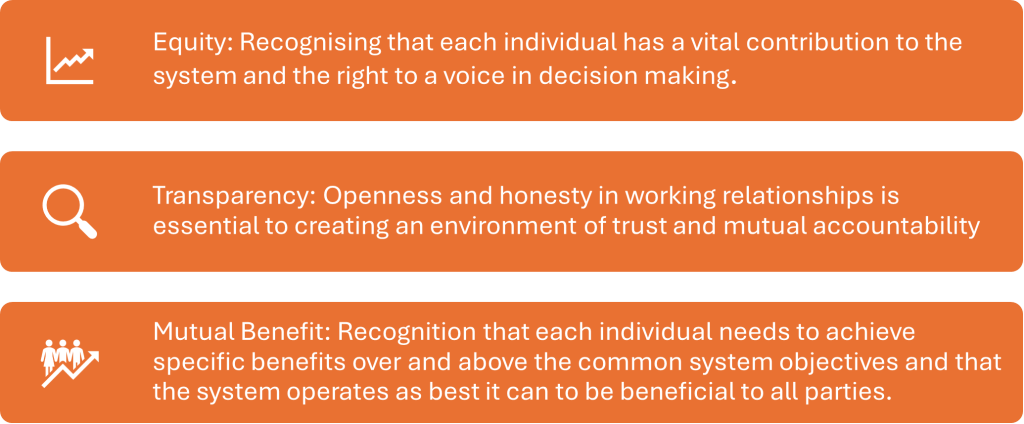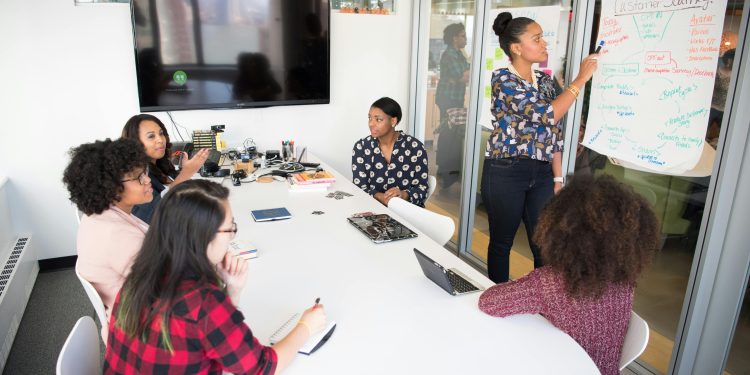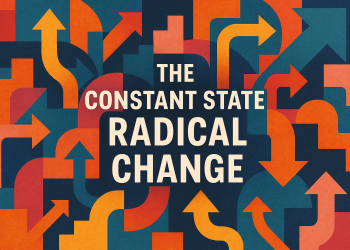What do I mean when I say collaboration?
In the modern world of today’s workplace, the playing of buzzword bingo is a game enjoyed by many to add humour when they attend meetings. The similarities between words, the play on words that are used and the continual need to create new combinations of words or definitions to describe a certain business theme or activity never ceases to amaze me. Is agile working the same as hybrid working or agile project management? Is teamwork the same as collaboration and, in the same breath, is partnership working another form of collaborative working? Of course, if the field in question is one that individuals are familiar with, they would claim that the various interpretations make sense and are explainable but if you are less knowledgeable and search such phrases on Google then you are guaranteed to confuse yourself. To try and keep things simple, and for the sole purposes of this blog, collaboration is understood to mean ‘the action that can take place between two people or many people or of two organisations or many organisations, to produce something’
The working environment and individual experiences of it
When it comes to giving organisations a fighting chance to achieving success, I firmly believe that workplace culture sits at the heart of that endeavour. The celebrated US management guru Marvin Bower, coined the phrase “the way we do things around here” as a way of defining an organisations culture, and it is the individual perceptions of employees of ‘the way we do things around here’ that drive individual behaviours, actions and decisions that people take. That ultimately comes together to create the workplace culture that influences employee experiences. Those experiences and perceptions will determine how people work in any given situation and this is true of the role individuals might play within a collaborative situation, setting or structure.
The characteristics of a collaborative culture
When people come together from different teams, departments or organisations, the environment that is created, or ‘the way things are done around here’ is critical to the success of the collaborative venture and the achieving of the collaborations objectives. It is incumbent on all the various players coming together to build a working culture that has three fundamental characteristics for collaborative success:
- Equity
- Transparency
- Mutual benefit
Collaboration requires individuals to contribute and share their own knowledge and experiences and adding them to the collective thought process of all the others involved to achieve the objective of the wider group.

Critical Cultural Characteristics of Collaborative Working
They must do so whilst recognising that they are also representatives of their parent team, department or organisation. Development of an effective collaborative culture is inextricably linked to the individual behaviours within the group which are influenced by their perceptions and lived experiences of their own parent organisations culture. They will naturally reflect on the individual perceptions or experiences they have of working life within their own organisation to determine their contribution to the collaborative process. This is where the “will I be…..?” moments come into play
The “Will I be….?” moments can impact on collaboration
As humans we all have our defences that unfortunately can at times, get in the way of effective collaboration. We intuitively turn to our own self-preservation before we turn to genuine problem solving. People’s self-preservation can be a reflection of the workplace culture that they regularly experience. The sharing of knowledge, opinion or other value adding dimensions or contributions to a collaboration will, for some, depend on the answers to some of the “Will I be….?” questions posed as part of their individual thought process:
- Will I be judged for what I say within the collaboration by my leadership?
- Will I be blamed if I say the wrong thing?
- Will I be seen as a failure if we cannot achieve what my boss wanted?
- Will I be personally held accountable for things that our leaders don’t agree with?
- Will I be supported by my leadership for the decisions I take/commitments I make as part of this collaborative group?
- Will I be guilty of showing up my organisation if I am fully transparent?
- Will I be trusted to share the information I think is important to the wider collaborative effort?
The issue of trust and whether individuals can both trust their leaders to support them of are trusted themselves is a critical cultural characteristic that must be felt and experienced by all, regardless of position.
The “will I be….?” moments hinder the transparency and openness required for effective collaboration and ultimately contribute to whether the group choose to trust any of the contributions that are made. It is important for employees to feel safe and comfortable whilst sharing information and functioning whilst burdened with fear is predominantly a symptom of a questionable workplace culture ‘back at base’.
Give your people the chance to succeed
When you look at what makes for a successful collaboration, people may look to the subject of communication within the group, the need for clarity of the role a person is performing or whether they have the right skill set. Whist I would agree with all of those points, I think it is important to look slightly deeper as to the preparedness of individuals to attend and for contributing organisations to ensure their people are given every possible chance to play their part in the achievement of collaborative goals. Workplace culture and the way people experience the workplace within their own organisation directly impacts on the chances of success and will go a long way towards the negating of those hindering thoughts that arise when people are confronted by the “Will I be….?” moments

Richie Maddock is a Founder and Managing Director of Lynchpin & Associates Ltd, a transformation and change consultancy that specialises in putting workplace culture at the heart of business success.
Operating for over 20 years supporting organisations from all sectors, Lynchpin have deployed their ‘Culture by DESIGN’ methodology with demonstrable and practical success when helping organisations with their agile aspirations. www.lynchpinsolutions.co.uk













